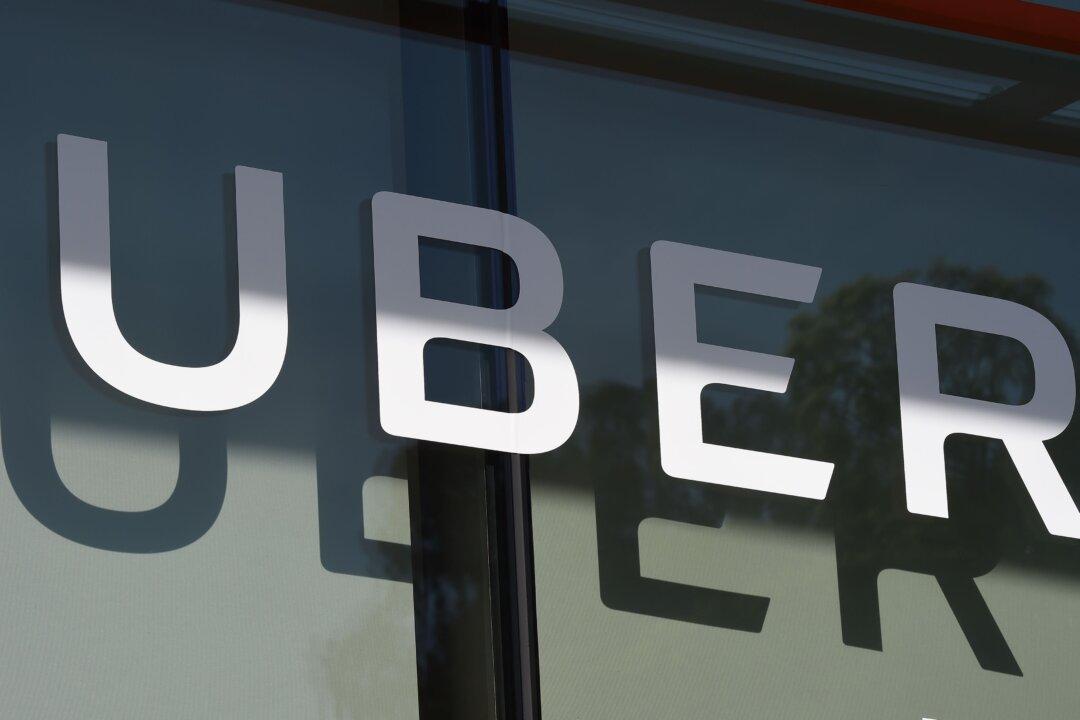The Federal Trade Commission (FTC) filed a lawsuit against rideshare company Uber, accusing it of misleading customers, the agency said in an April 21 statement.
The FTC alleged that the company “charged consumers for its Uber One subscription service without their consent, failed to deliver promised savings, and made it difficult for users to cancel the service despite its ‘cancel anytime’ promises.”





